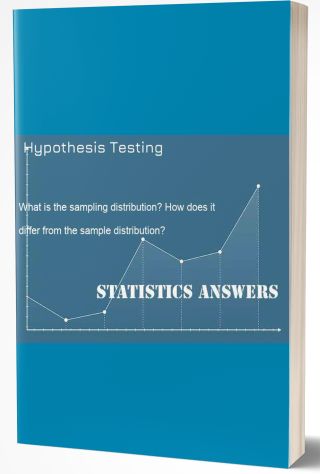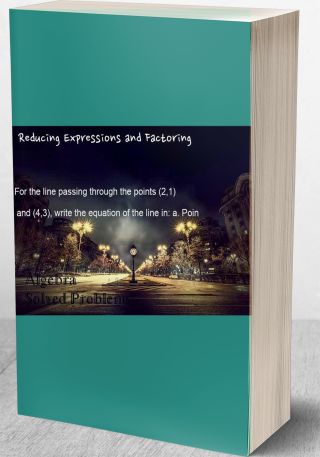You are a clinical psychologist who researches eating disorders. Dialectical Behavior Therapy (DBT)
Question: You are a clinical psychologist who researches eating disorders. Dialectical Behavior Therapy (DBT) is a therapy that has recently been adapted for eating disorders, specifically binge eating disorder (BED). You are running a study to examine the outcome of DBT for 10 females diagnosed with BED who reside at an inpatient eating disorder facility. You administer the Eating Attitudes Test (EAT-26) to assess eating disorder symptoms (0-30; a score of 20 is very high). The inventory covers dieting, bulimia and food preoccupation, and oral control, which are important to know to determine patients’ recovery. You administer the EAT-26 at the beginning of treatment, at the end of treatment, and at 6 months follow-up.
| Beginning Treatment (time 1) | End of Treatment (time 2) | 6 Months Follow-up (time 3) | |
| 1 | 23.00 | 22.00 | 21.00 |
| 2 | 22.00 | 21.00 | 20.00 |
| 3 | 23.00 | 21.00 | 21.00 |
| 4 | 21.00 | 20.00 | 19.00 |
| 5 | 20.00 | 20.00 | 18.00 |
| 6 | 25.00 | 24.00 | 22.00 |
| 7 | 25.00 | 24.00 | 21.00 |
| 8 | 21.00 | 21.00 | 21.00 |
| 9 | 20.00 | 21.00 | 22.00 |
| 10 | 24.00 | 20.00 | 20.00 |
4a. What is the null hypothesis?
4b. What is your critical value using a .05 alpha?
4c. Report your results in the standard form for reporting results using a .05 alpha.
4d. Describe and interpret any patterns that emerged.
Deliverable: Word Document



![[Solved] (20%) Why do you think the {{chi }^2} test do not require the assumption that the data comes from a #19921 Hypothesis Testing](/images/downloads-images/featured/Statistics-question-9387.jpg)
![[Solved] Football team makes in average 2 touchdowns per game. Use Poisson distribution to find p #2874 Other Statistics](/images/downloads-images/featured/Statistics-question-11500.jpg)


